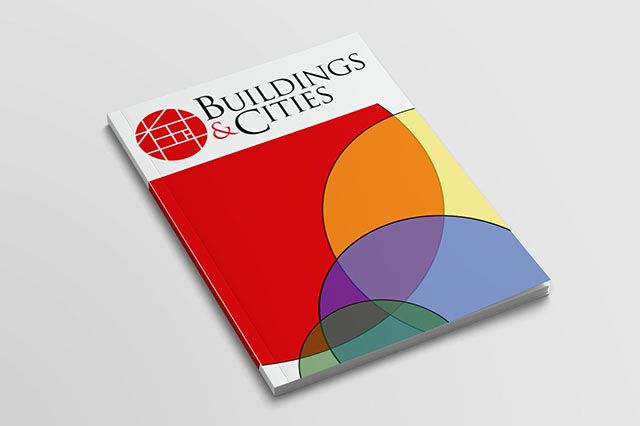About


Buildings and Cities is an international, open access, peer-reviewed, academic journal publishing high quality research and analysis on the interplay between the different scales of the built environment.
Our Aims and Scope explains our range of topics, types of papers and focus on policy, practices and outcomes.
More
Read our 10 principles that provide the values underpinning our journal. These broadly explain the ethos and aspirations for what we do.
In addition to being a peer-review journal, we provide an intellectual space for engagement between researchers, practitioners and policy makers.
More
Meet our international editorial board members with diverse backgrounds and knowledge.
More
Journal Statistics; Journal evaluation and impact; Submissions Received, Reviews Requested...
More

Latest Commentaries
Lessons from Disaster Recovery: Build Better Before
Mary C. Comerio (University of California, Berkeley) explains why disaster recovery must begin well before a disaster occurs. The goal is to reduce the potential for damage beforehand by making housing delivery (e.g. capabilities and the physical, technical and institutional infrastructures) both more resilient and more capable of building back after disasters.
Will NDC 3.0 Drive a Buildings Breakthrough?
To achieve net zero GHG emissions by mid-century (the Breakthrough Agenda) it is vital to establish explicit sector-specific roadmaps and targets. With an eye to the forthcoming COP30 in Brazil and based on work in the IEA EBC Annex 89, Thomas Lützkendorf, Greg Foliente and Alexander Passer argue why specific goals and measures for building, construction and real estate are needed in the forthcoming round of Nationally Determined Contributions (NDC 3.0).